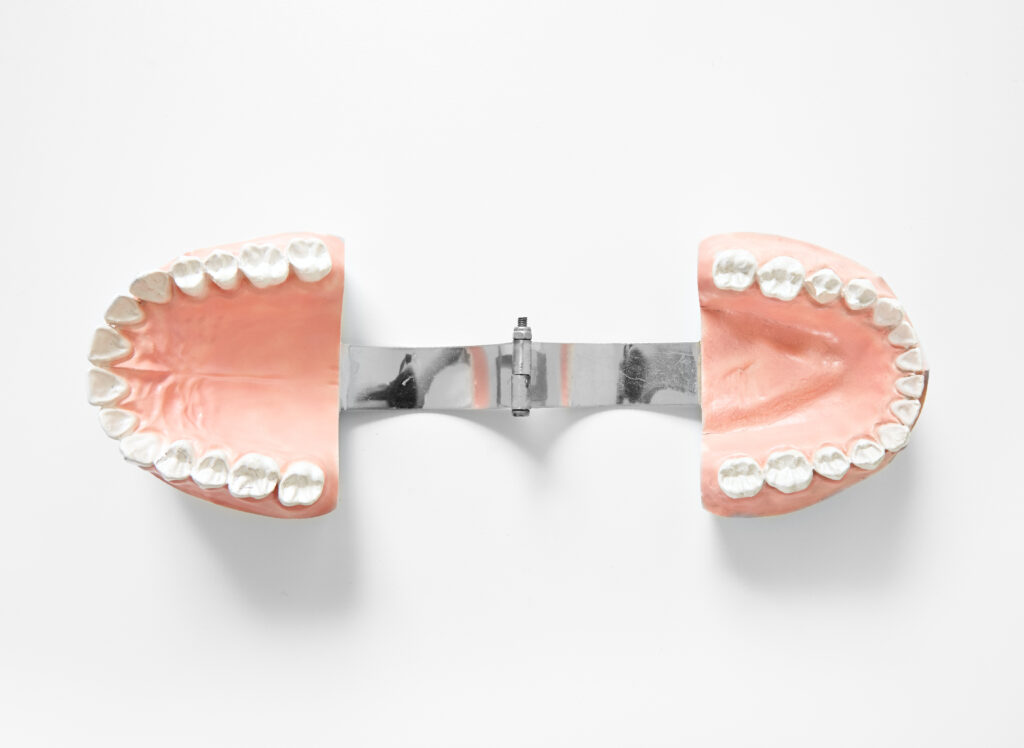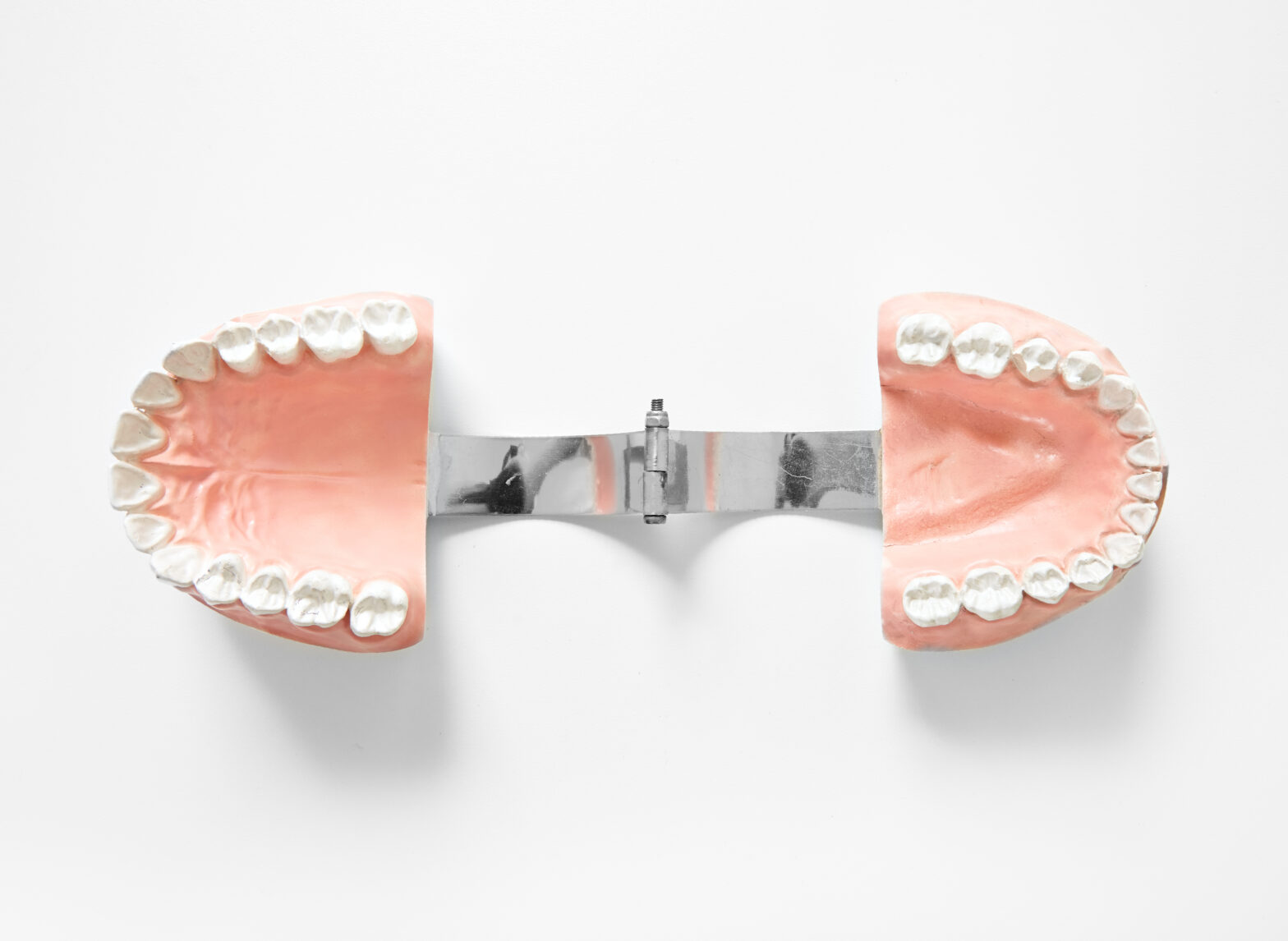
Partial dentures are a dental solution designed to replace missing teeth and restore functionality and aesthetics to your smile. Despite their widespread use, dentures often face misconceptions that may deter individuals from considering them as a viable option for tooth replacement. In this article, we’ll debunk some of the most common misconceptions surrounding dentures, shedding light on their effectiveness and benefits.
Partial Dentures Are Uncomfortable
One of the most prevalent misconceptions about dentures is that they are uncomfortable to wear. While it’s true that any dental appliance may require an adjustment period, modern advancements in dentistry have greatly improved the comfort of dentures. Dentists use precise measurements and high-quality materials to craft custom-fitted dentures that conform to the contours of your mouth, minimizing discomfort and irritation.
Partial Dentures Are Noticeable
Some individuals believe that dentures are easily noticeable and can be identified by others. However, modern dentures are meticulously designed to blend seamlessly with your natural teeth, making them virtually indistinguishable. Dentists carefully match the color, shape, and size of the replacement teeth to your existing dentition, ensuring a natural-looking smile that enhances your overall appearance.
Partial Dentures Are Ineffective for Chewing
Another misconception is that dentures are not as effective as natural teeth for chewing and eating. While it may take some time to adjust to eating with dentures, many patients find that they can comfortably enjoy a wide variety of foods once they become accustomed to their new dental appliance. Dentists provide guidance on proper chewing techniques and recommend dietary adjustments if necessary to optimize the functionality of partial dentures.
Partial Dentures Require Extensive Maintenance
Some individuals believe that dentures require extensive maintenance and care, similar to natural teeth. While it’s essential to maintain good oral hygiene habits, such as brushing and flossing, dentures themselves are relatively easy to clean and maintain. Dentists recommend daily cleaning with a soft-bristled brush and special denture cleaning solutions to remove food particles and plaque buildup. Regular dental check-ups allow dentists to assess the condition of your partial dentures and make any necessary adjustments.
Partial Dentures Are Fragile
There is a misconception that dentures are fragile and prone to breakage. While partial dentures are not as durable as natural teeth, they are designed to withstand the forces of chewing and biting when properly cared for. Dentists use high-quality materials such as acrylic or metal frameworks to construct dentures that are both durable and resilient. Additionally, dentists provide guidance on how to handle dentures with care to minimize the risk of damage.
Partial Dentures Cause Speech Impediments
Some individuals worry that wearing partial dentures may affect their speech and lead to speech impediments. While it’s normal to experience slight changes in speech patterns initially, most patients adapt quickly to wearing dentures and regain normal speech function. Dentists may recommend exercises to improve speech clarity and provide support and guidance throughout the adjustment period.

Partial Dentures Are Permanent
Contrary to popular belief, partial dentures are not permanent fixtures and may need adjustments or replacements over time. As the shape of your mouth changes and natural wear and tear occur, dentists may need to modify or replace your dentures to ensure optimal fit and functionality. Regular dental check-ups allow dentists to monitor the condition of your dentures and address any issues promptly.
In conclusion, partial dentures are a reliable and effective solution for replacing missing teeth and restoring oral function and aesthetics. By debunking common misconceptions surrounding dentures, individuals can make informed decisions about their dental health and explore the benefits of this dental treatment option. If you’re considering dentures, consult with a qualified dentist to discuss your options and address any concerns you may have. With proper care and maintenance, dentures can provide years of comfort, confidence, and functionality for those in need of tooth replacement.

